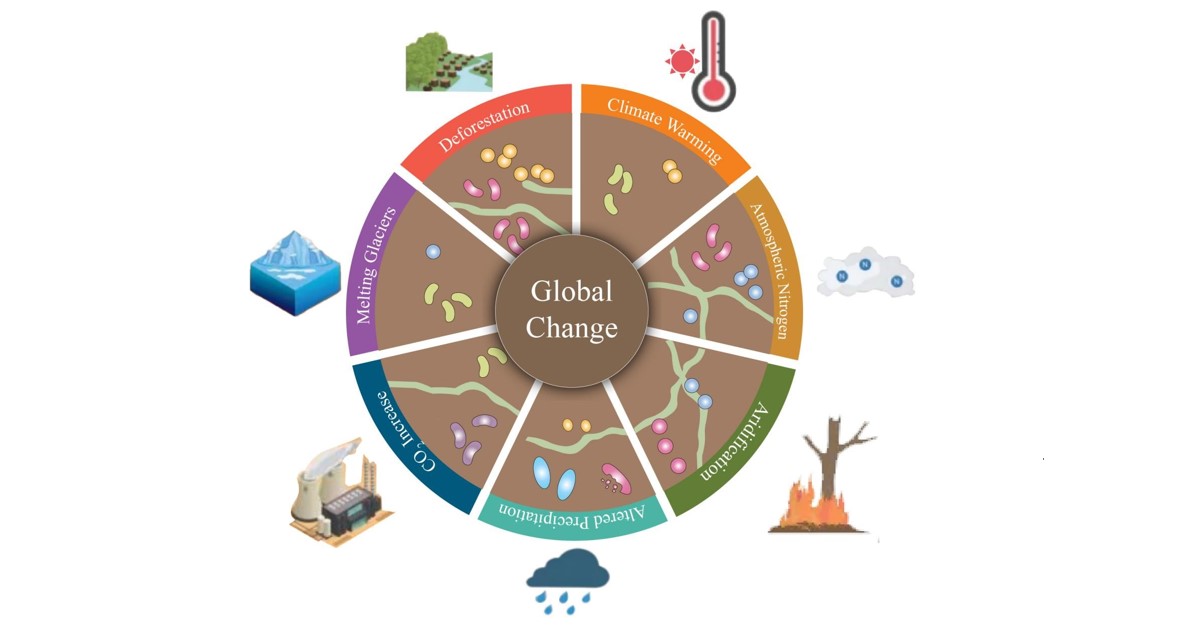- 2.1Impact Factor
- 4.0CiteScore
- 17 daysTime to First Decision
Biodiversity, Community Structure and Ecology of Terrestrial Ecosystems Under Global Change
This special issue belongs to the section “Biodiversity Conservation“.
Special Issue Information
Dear Colleagues,
Global changes are profoundly reshaping the biodiversity patterns and community-building mechanisms of terrestrial ecosystems. Pressures such as climate warming, frequent extreme weather events, land-use transformation, and biological invasions are reshaping plant-animal-microbe trophic interactions through cascading effects, driving ecosystem functional transformations. This Special Issue focuses on the responses and adaptations of terrestrial biomes to global changes. Key areas of focus include (1) multiscale diversity dynamics: loss thresholds and maintenance mechanisms from genetic to landscape scales; (2) new paradigms in community building: trade-offs between environmental filtering, dispersal constraints, and ecological drift in disturbed environments; (3) trophic interactions: the feedback effects of food web restructuring on carbon and nitrogen cycles; and (4) ecosystem resilience: predictive models for restoration based on functional traits and phylogenetics. We encourage innovative research that integrates remote sensing, multi-omics, controlled experiments, and other interdisciplinary approaches to provide the theoretical foundation for biodiversity conservation and ecosystem management.
Dr. Libin Yang
Guest Editor
Dr. Shibing Zhu
Guest Editor Assistant
Prof. Dr. Guangze Jin
Prof. Dr. Huilin Han
Guest Editors
Manuscript Submission Information
Manuscripts should be submitted online at www.mdpi.com by registering and logging in to this website. Once you are registered, click here to go to the submission form. Manuscripts can be submitted until the deadline. All submissions that pass pre-check are peer-reviewed. Accepted papers will be published continuously in the journal (as soon as accepted) and will be listed together on the special issue website. Research articles, review articles as well as short communications are invited. For planned papers, a title and short abstract (about 250 words) can be sent to the Editorial Office for assessment.
Submitted manuscripts should not have been published previously, nor be under consideration for publication elsewhere (except conference proceedings papers). All manuscripts are thoroughly refereed through a single-blind peer-review process. A guide for authors and other relevant information for submission of manuscripts is available on the Instructions for Authors page. Diversity is an international peer-reviewed open access monthly journal published by MDPI.
Please visit the Instructions for Authors page before submitting a manuscript. The Article Processing Charge (APC) for publication in this open access journal is 2100 CHF (Swiss Francs). Submitted papers should be well formatted and use good English. Authors may use MDPI's English editing service prior to publication or during author revisions.
Keywords
- global change
- microbial community assembly
- biogeochemical cycling
- ecosystem functioning

Benefits of Publishing in a Special Issue
- Ease of navigation: Grouping papers by topic helps scholars navigate broad scope journals more efficiently.
- Greater discoverability: Special Issues support the reach and impact of scientific research. Articles in Special Issues are more discoverable and cited more frequently.
- Expansion of research network: Special Issues facilitate connections among authors, fostering scientific collaborations.
- External promotion: Articles in Special Issues are often promoted through the journal's social media, increasing their visibility.
- e-Book format: Special Issues with more than 10 articles can be published as dedicated e-books, ensuring wide and rapid dissemination.

